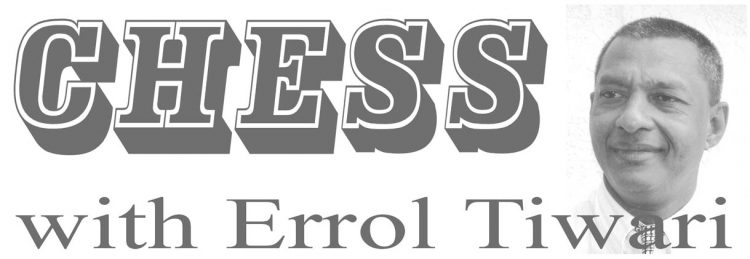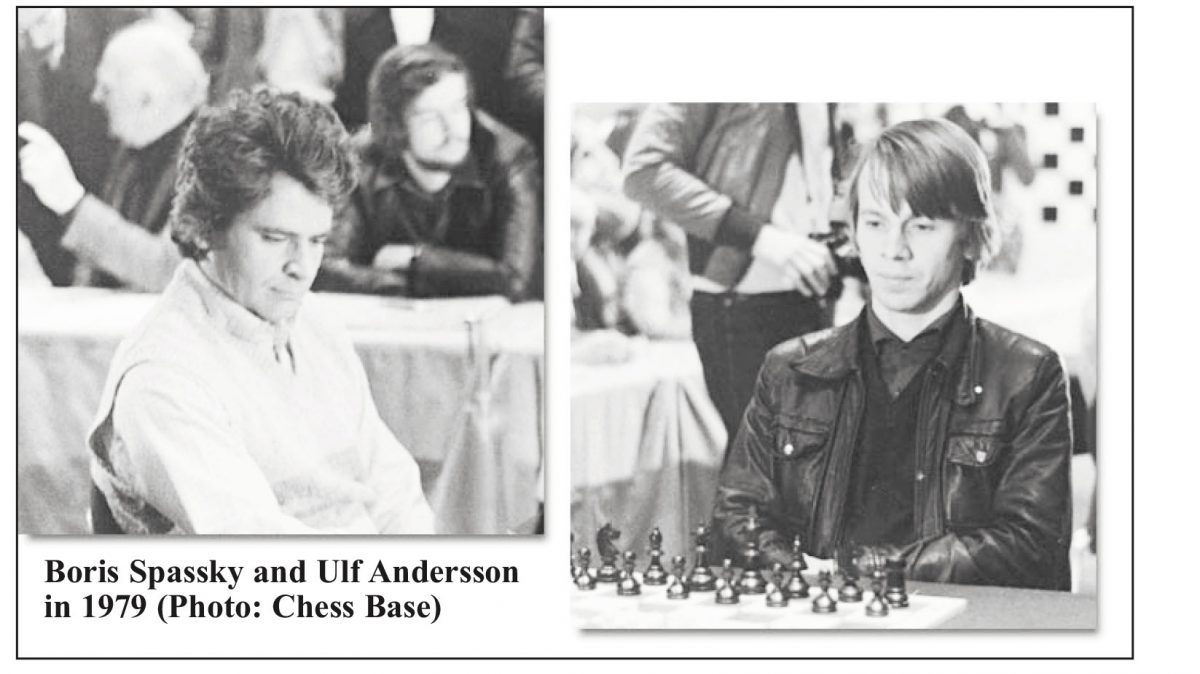 In 1979, there was a strong grandmaster chess tournament in Munich in which Dr Helmut Pfleger, a grandmaster himself, sought to monitor the heart rates of players. Two of the volunteers were former world champion Boris Spassky and Ulf Andersson who wore pulse monitors. The idea at the time was to gain an understanding of what emotions affect top level play.
In 1979, there was a strong grandmaster chess tournament in Munich in which Dr Helmut Pfleger, a grandmaster himself, sought to monitor the heart rates of players. Two of the volunteers were former world champion Boris Spassky and Ulf Andersson who wore pulse monitors. The idea at the time was to gain an understanding of what emotions affect top level play.
Emotions which are reflected in our behaviour and physiology are, for example, anxiety, calmness, stress and optimism. These can all affect our performances for better or worse. Emotions from behavioural expressions such as voice and face can be controlled and altered, but the same is not true for physiological sources. One cannot control the way one’s heart beats or palms sweat.

